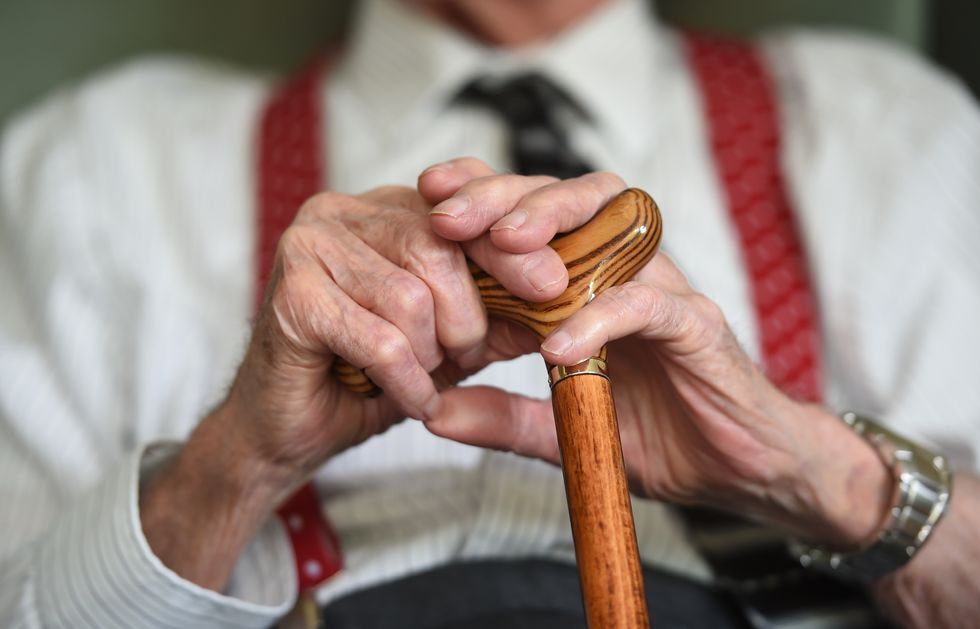How to spot dementia NINE YEARS before diagnosis - Scientists hail 'obvious' clues

Scientists involved in a study have revealed that it may be possible to spot dementia as early as nine years before diagnosis.
Joe Giddens

Scientists involved in a study have revealed that it may be possible to spot dementia as early as nine years before diagnosis.
Alzheimer’s & Dementia: The Journal of the Alzheimer’s Association, shared its findings and how they could help to find people who could benefit from taking action sooner, avoiding other dementia related diseases.
Alzheimer’s & Dementia: The Journal of the Alzheimer’s Association, shared its findings and how they could help to find people who could benefit from taking action sooner,
Yui Mok
Researchers found that their subjects had difficulty with problem solving and number recalling.
They believe that these could be an early sign that the individual has dementia.
Junior doctor at the University of Cambridge, Nol Swaddiwudhipong, said: “When we looked back at patients’ histories, it became clear that they were showing some cognitive impairment several years before their symptoms became obvious enough to prompt a diagnosis.
“The impairments were often subtle, but across a number of aspects of cognition.
"This is a step towards us being able to screen people who are at greatest risk - for example, people over 50 or those who have high blood pressure or do not do enough exercise - and intervene at an earlier stage to help them reduce their risk.”
Scientists have shared the findings of a study looking into early signs of dementia pre-diagnosis
Peter Byrne
The researchers said that people should not be concerned if they are not good at number recall or number solving, explaining that some people “will naturally score better or worse than their peers”.
They urged anyone who notices their memory getting worse to contact their local GP.
Senior author Dr Tim Rittman added: “The problem with clinical trials is that by necessity they often recruit patients with a diagnosis, but we know that by this point they are already some way down the road and their condition cannot be stopped.
“If we can find these individuals early enough, we’ll have a better chance of seeing if the drugs are effective.”
There are not many effective treatments for dementia or other neurodegenerative diseases such as Parkinson’s disease in the world at the moment.
Experts believe this is because the conditions are often diagnosed when symptoms begin appearing, whereas the underlying issue may have begun years earlier.
This means that by the time patients take part in clinical trials, it could already be too late in the disease process to alter its course.